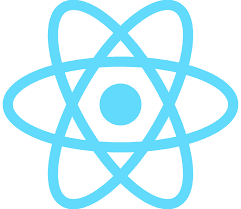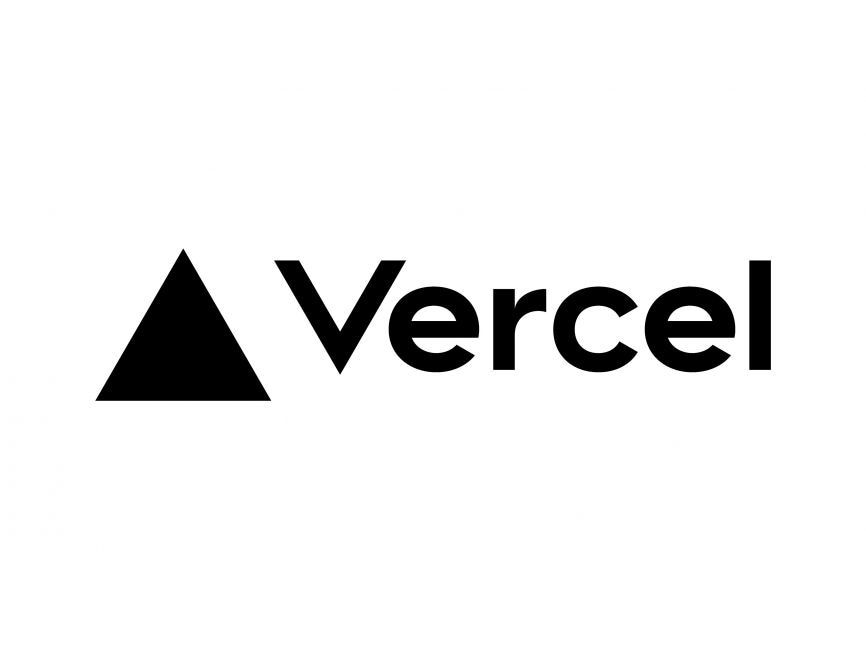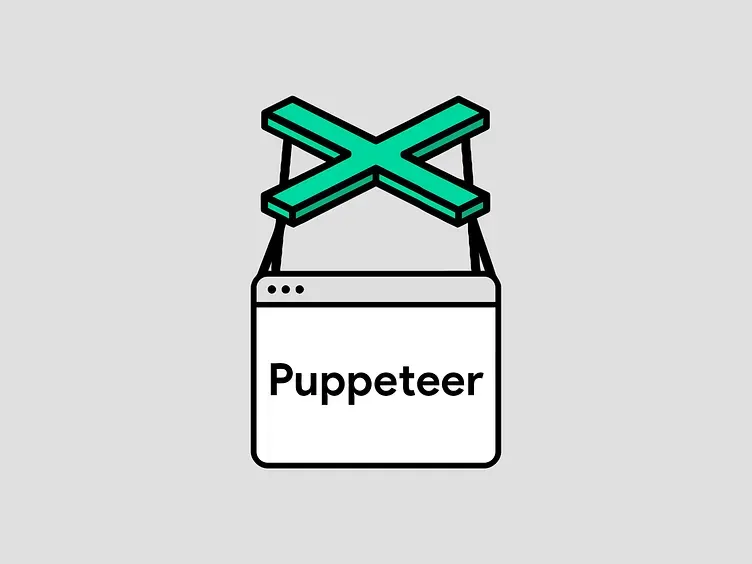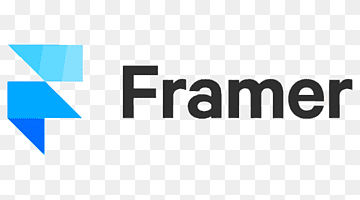Hire VueJS Developers
24/7 support & updates
Scalable teams for your needs
Flexible engagement models
Proven expert developers
Industry-standard coding practices

On-Demand VueJS Expertise, Optimized Solutions, Accelerated Delivery
VueJS developers specialize in building dynamic, feature-rich frontends tailored to your business goals.
Whether it's a full-scale single-page application or modernizing your UI stack, our team ensures maintainable, high-performance code delivery.
Leveraging VueJS's progressive framework, our developers craft powerful and dynamic interfaces, ensuring seamless functionality and optimal performance for your web applications.
We provide VueJS developers who build high performing front end applications.
Hire VueJS Specialists Perfectly Aligned with Your Business Requirements
Custom VueJS App Development
Build scalable and tailored VueJS apps that solve real business challenges and deliver exceptional UI/UX.
Benefits of Hiring VueJS Developers
Expertise in Full-Stack Development
Optimized for Cost-Effective Solutions
Accelerated Development Cycles for Quicker Results
Enhanced Problem-Solving with Efficient Debugging
Scalable and Customizable Solutions
Seamless Integration Across Platforms

Tech Stack Expertise of Our VueJS Developers
Our VueJS developers possess comprehensive expertise across the VueJS ecosystem, including Vuex for state management, Vue Router for navigation, and modern build tools like Webpack.
 Vue.js
Vue.js Angular.js
Angular.js React.js
React.js JavaScript
JavaScript CSS3
CSS3 HTML5
HTML5
 AWS
AWS Google Cloud
Google Cloud Azure
Azure SES
SES Cloudfare
Cloudfare Vercel
Vercel
 Firebase
Firebase MySQL
MySQL PostgreSQL
PostgreSQL MongoDB
MongoDB Dynamodb
Dynamodb SQLite
SQLite
 Docker
Docker Kubernetes
Kubernetes Jenkins
Jenkins Azure DevOps
Azure DevOps Selenium
Selenium Gradle
Gradle AWS DevOps
AWS DevOps
 Azure
Azure Zoho
Zoho Power BI
Power BI Tableau
Tableau Puppeteer
Puppeteer
 Figma
Figma  Framer
Framer
Testimonials
The team delivered high-quality work that met our expectations in terms of design and functionality.
Productivity-focused companies trust Dappinity’s high-quality VueJS Developers to build fast, scale smart, and deliver with confidence.
We help you access skilled, reliable VueJS Developers who bring clarity, speed, and scalability to your projects — so you can focus on results, not resourcing.
Why Hire VueJS Developers from Dappinity?
Dappinity provides expert VueJS Developers offering scalable, innovative, and client-focused solutions while ensuring high quality and timely project delivery.
- Expert Developers
- Agile Project Management
- Cost Effective Solutions
- Superior Software Quality
- Optimized Operational Costs
- Time Zone Compatibility
Benefits of Dedicated VueJS Developers
The dedicated VueJS Developers team at Dappinity delivers innovative, scalable, and secure solutions, ensuring seamless collaboration and future ready applications.
- Tailored Software Solutions
- Cutting Edge Technology
- Agile Development Process
- Seamless Collaboration
- Future Ready Applications
- End to End Support
Hire VueJS Developers Fast with Our Simple Process

Tell us what you need - tech stack, experience, timelines.

We send you pre-screened developers matched to your needs.

You interview. You decide. Start in as little as 72 hours.

Easily scale up or down. We stay flexible as you grow.
1Engagement Models (Full-time, Part-time, Hourly, Project-Based)
When hiring VueJS developers, you can select from flexible engagement models that best fit your project’s requirements:
- Full-time VueJS Developers: Ideal for large-scale projects requiring continuous development and long-term commitment.
- Part-time VueJS Developers: Perfect for ongoing support, feature additions, or smaller projects.
- Hourly VueJS Developers: Provides flexibility for short-term tasks, bug fixes, or specific feature implementations without a long-term commitment.
- Project-Based Developers: Best suited for specific, time-bound tasks such as developing a VueJS web app or completing certain milestones within a set timeline and budget.
Choose the right engagement model depending on the size, scope, and duration of your project.
2Development Methodologies: Approaches for VueJS Projects
Different project methodologies can significantly influence the development process of your VueJS application. Here’s a breakdown of suitable approaches for your project:
Agile Development:
Best suited for VueJS applications that evolve over time and require flexibility. Agile emphasizes collaboration, continuous iterations, and customer feedback, making it ideal for fast-paced environments where changes are frequent.
Scrum Framework:
An Agile framework, Scrum divides the development process into short sprints. With VueJS, Scrum allows you to deliver working features quickly and enables teams to refine the product after every sprint. This is especially effective for projects with complex features that need frequent refinements and updates.
Waterfall Development:
Unlike Agile and Scrum, Waterfall is a traditional, linear approach. It is beneficial for projects with well-defined requirements and no expected changes. For VueJS projects, this might be suitable when the scope is fixed and clear upfront.
Each methodology serves a different need, and understanding which approach fits your project will ensure smooth development and successful delivery.
3Matching Tech Stack Needs with VueJS Developer Expertise
To maximize the success of your VueJS application, ensure that your developer has the right skills aligned with your tech stack:
Frontend Development:
- Languages: JavaScript, TypeScript
- Framework: VueJS, Vuex (state management)
- UI/UX: Vuetify, Element UI
Backend Development:
- Languages: NodeJS, Python, PHP
- Frameworks: ExpressJS, Django, Laravel
- APIs: RESTful, GraphQL
Mobile Development:
Vue Native (for building mobile apps using VueJS)
DevOps & Cloud Integration:
- Platforms: AWS, GCP, Azure
- Tools: Docker, Kubernetes, CI/CD pipelines
Databases:
- SQL: MySQL, PostgreSQL
- NoSQL: MongoDB, Firebase
Testing:
- Unit Testing: Jest, Mocha
- End-to-End Testing: Cypress, Nightwatch
Aligning VueJS developer skills with the right tech stack is crucial for optimizing app performance and achieving faster delivery.
4Ensuring Code Quality When Managing VueJS Developers
Maintaining high-quality code is essential when managing VueJS development:
- Code Reviews: Regular peer reviews ensure that code is clean, bug-free, and maintainable.
- Automated Testing: Use Jest, Mocha, and Cypress for unit, integration, and end-to-end tests to guarantee that every feature of the VueJS application works seamlessly.
- Linting & Code Standards: Enforce coding standards with ESLint and Prettier to make the codebase consistent and easy to maintain.
- CI/CD Integration: Set up continuous integration and delivery pipelines with Jenkins, GitLab CI, or GitHub Actions to ensure that code is always tested and deployed smoothly.
- Static Code Analysis: Tools like SonarQube help identify potential issues, code smells, or security vulnerabilities early on.
- Documentation & Commenting: Clear documentation and comments in the code help new team members understand complex logic and facilitate onboarding.
- Issue Tracking & Agile Boards: Tools like Jira, Trello, or GitHub Projects allow you to break down tasks into smaller units, track progress, and stay on top of deadlines.
5Security & IP Protection When Working with VueJS Developers
Security and intellectual property (IP) protection are critical when collaborating with remote VueJS developers:
- NDAs & Legal Frameworks: Ensure that developers sign NDAs (Non-Disclosure Agreements) and contracts outlining confidentiality, IP ownership, and work scope.
- Access Control: Use role-based access control (RBAC) to restrict developer permissions based on their tasks. Ensure that they only have access to what’s necessary for their work.
- Source Code Management: Store code in secure repositories such as GitHub or GitLab, using private repositories and enforcing two-factor authentication (2FA).
- IP Ownership: Clarify in your contract that all work and code developed by VueJS developers belong to your company and include terms for IP transfer and usage rights.
These practices ensure the security and confidentiality of your project while maintaining control over your intellectual property.
6Freelancer vs Dedicated VueJS Developer: Which Is Right for Your Project?
When choosing between freelancers and dedicated VueJS developers, consider the following:
Freelancers:
Ideal for small, short-term projects, freelancers offer flexibility and cost-effectiveness. They’re great for quickly implementing features, fixing bugs, or launching one-off apps.
Dedicated VueJS Developers:
Best for larger, long-term projects that require continuous development, collaboration, and ongoing support. Dedicated developers offer higher commitment, deeper involvement, and better scalability over time.
For projects with evolving requirements, ongoing maintenance, and future scaling, hiring a dedicated team of VueJS developers is the most effective solution.
Engage Dappinity for Your VueJS Development
Hire seasoned VueJS developers from Dappinity to deliver high-quality, scalable frontend solutions. Whether you're building a modern web app, migrating your stack, or developing an interactive admin panel, We bring quality to every work we do.
600+
Project completed12+
Years Experience100%
Positive reviews92%
Customer RetentionTransparency
Strict Privacy Assurance with NDA
Talented Team of Developers
12 Months Free Support
Smooth Collaboration & Reporting
On time Delivery, No Surprises
Efficient & Adaptive Workflow
FAQs About Hiring VueJS Developers
VueJS stands out due to its simplicity, flexibility, and ease of integration. Unlike Angular, which is a full-fledged framework, VueJS provides the flexibility of a framework while being easy to pick up and integrate into existing projects. Compared to React, VueJS offers more out-of-the-box functionality like built-in directives, a simple templating engine, and a smooth learning curve for beginners. Its progressive architecture also allows developers to scale applications from simple to complex seamlessly.
VueJS offers several benefits:
- Reactivity: VueJS provides a reactive data-binding system, ensuring the view updates automatically whenever the model changes.
- Component-Based Architecture: Like other modern frameworks, Vue encourages a modular approach to building UI components, making code more maintainable and scalable.
- Small Size and Fast Performance: VueJS is lightweight and fast, ensuring quick load times and excellent performance.
- Easy Integration: Vue can be easily integrated with other projects and libraries, allowing incremental adoption in legacy applications.
- Flexible Ecosystem: VueJS has a rich ecosystem of supporting libraries like Vue Router and Vuex for state management, enabling you to build complex applications efficiently.
Dappinity’s VueJS developers follow best practices to ensure a smooth user experience, such as:
- Optimizing Rendering: By using Vue’s reactivity system efficiently and minimizing unnecessary re-renders.
- Lazy Loading: Dynamically loading parts of the app only when needed to reduce initial load time.
- Performance Monitoring: Using Vue DevTools to analyze and optimize performance bottlenecks in the app.
Responsive Design: Ensuring the application is mobile-friendly by implementing responsive design principles with CSS frameworks and custom media queries.
Dappinity VueJS developers leverage a variety of tools and libraries to streamline development:
- Vue Router: For handling routing and navigation within the app.
- Vuex: For centralized state management, ensuring consistent application state across components.
- Vuetify: A popular UI library for building material design-inspired interfaces.
- Vue CLI: For project scaffolding, building, and maintaining VueJS projects.
- Vue DevTools: For debugging and optimizing VueJS applications.
These tools help in building scalable, maintainable, and performant applications.
Our VueJS developers follow industry best practices, including:
- Modular Development: Developing small, reusable components that are easy to test and maintain.
- Code Reviews: Performing regular code reviews to ensure adherence to coding standards and improve the quality of the codebase.
- Automated Testing: Using testing tools like Jest and Mocha for unit testing and integration testing to catch issues early.
- Documentation: Ensuring that code is well-documented for future scalability and ease of understanding by other developers.
Yes, Dappinity VueJS developers are highly experienced in integrating third-party services and APIs into Vue applications. Whether it's integrating payment gateways, external data sources, or social media logins, our developers ensure smooth and secure connections. They implement best practices for handling API calls, error handling, and security, ensuring that your application communicates efficiently with external services.
For large VueJS applications, Dappinity developers use Vuex, a centralized state management library for Vue. Vuex allows developers to manage the application’s state in a predictable and organized manner, making it easier to debug and maintain. They also use modular approaches to state management to ensure scalability and keep the application’s architecture clean as it grows.
Dappinity VueJS developers take security seriously by:
- Input Validation and Sanitization: Ensuring that all user inputs are validated and sanitized to prevent XSS and injection attacks.
- Secure Authentication: Implementing robust authentication systems using libraries like JWT (JSON Web Tokens) for secure login processes.
- HTTPS and CORS: Enforcing HTTPS protocols and handling CORS policies to secure data transfers.
- Regular Security Audits: Performing regular security audits to identify and fix vulnerabilities in the codebase.













